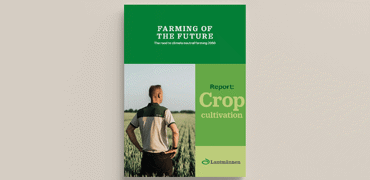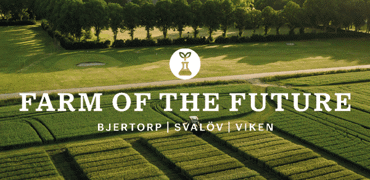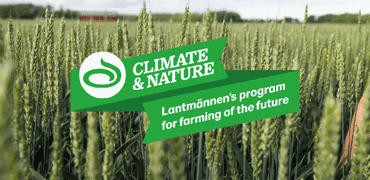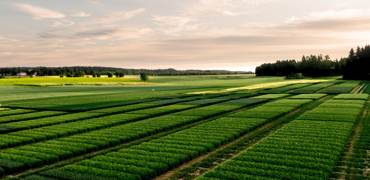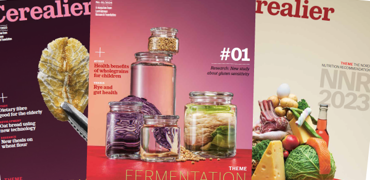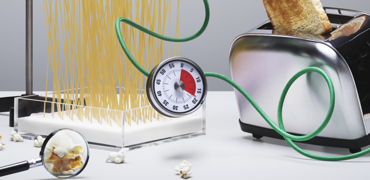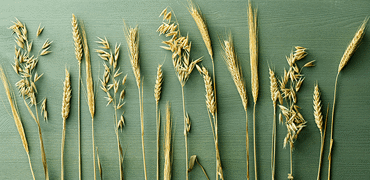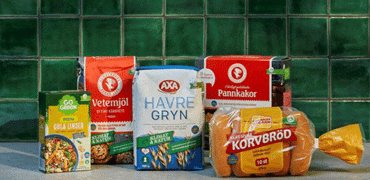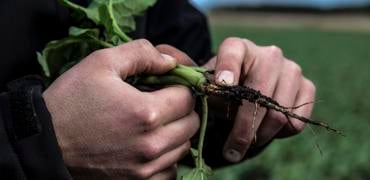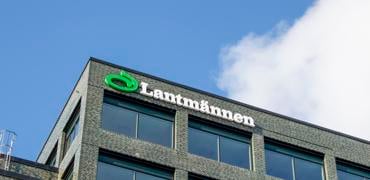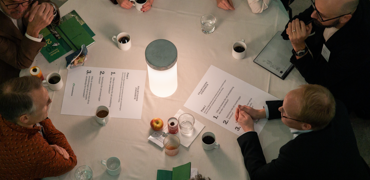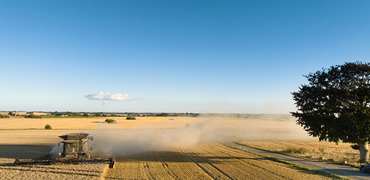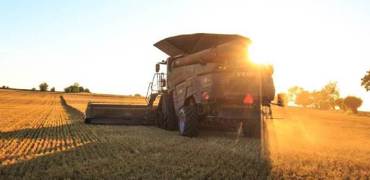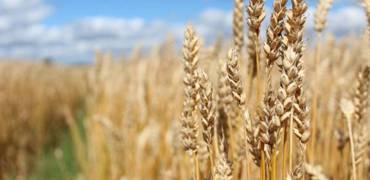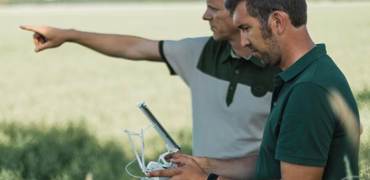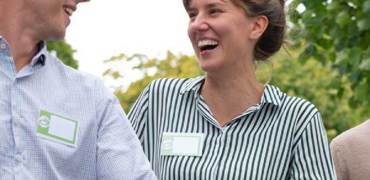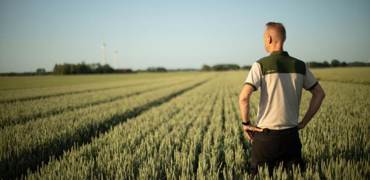Several new studies in a lab environment show that the addition of Asparagopsis taxiformis, a species of red algae, in feed for ruminants, results in a significant reduction in methane production in cows. For this reason, Lantmännen, in partnership with Swedish start-up Volta Greentech, is testing red algae at Nötcenter Viken dairy farm.
"The methane-reducing effect has very largely been proven, and we now want to investigate how this affects other parameters. We want to find out if the cows eat the feed to the same extent, if the milk production is affected when it comes to yield and composition. So far, the results look promising,” says Cecilia Lindahl, Product Developer at Lantmännen Lantbruk who is responsible for the project.

Lab tests by Volta Greentech at Karolinska Institutet in Stockholm.
As part of the trial at Nötcenter Viken, 24 of the 400 cows on the farm are being fed in a separate trial area. The cows have been divided into two equal groups where one group is given a TMR (total mixed ration) with added red algae, and the other group gets the same mix without algae.
Project partner Volta Greentech has developed a method of cultivating red algae which means availability is assured.
"Our research is based at the Karolinska Institute in Stockholm both to optimize the nutrient value of the algae and to develop our own technology to optimize growth in a lab environment. What’s more, we have just opened our first factory in Lysekil where we have started to produce the algae via our land-based cultivation system,” says Linus Holmsäter, CCO of Volta Greentech.






